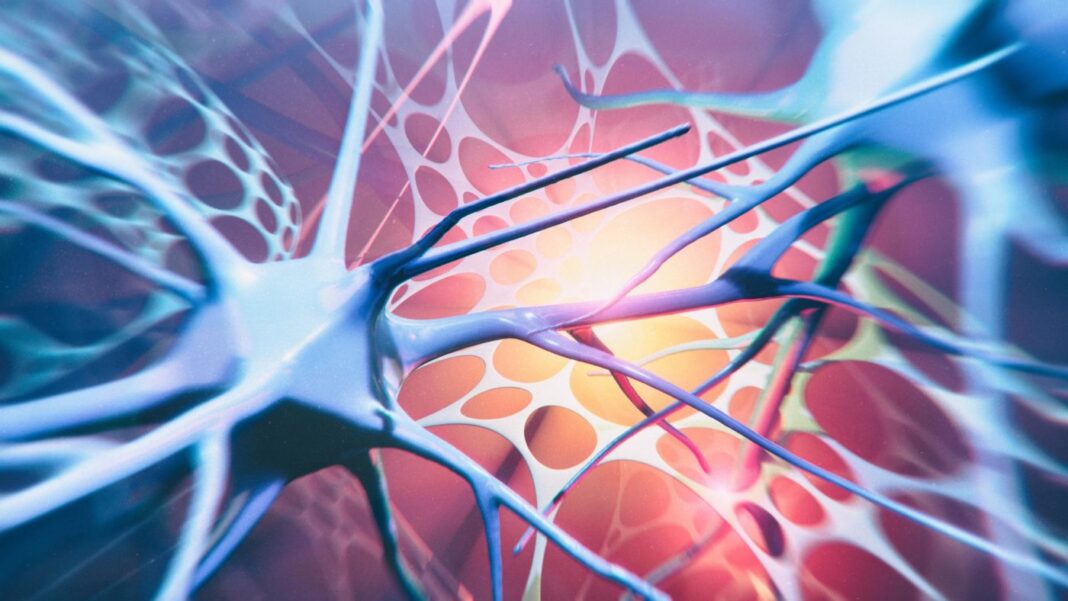Alzheimer’s disease (AD) worsens over time. It is a progressive disease, where dementia symptoms gradually worsen over a number of years. In its early stages, memory loss is mild, but with late-stage Alzheimer’s, individuals lose the ability to carry on a conversation and respond to their environment. Alzheimer’s is the sixth leading cause of death in the United States.
AD begins with a fatal chain reaction in which masses of misfolded beta-amyloid proteins are in the brain. Now researchers from the Hertie Institute for Clinical Brain Research (HIH) in Tübingen and the German Center for Neurodegenerative Diseases (DZNE) report that this chain reaction starts much earlier in mice than commonly assumed. The researchers have also identified an antibody that may prevent this occurrence if it is also confirmed in humans.
Their findings, “Acute targeting of pre-amyloid seeds in transgenic mice reduces Alzheimer-like pathology later in life,” are published in the journal Nature Neuroscience.
“Amyloid-β (Aβ) deposits are a relatively late consequence of Aβ aggregation in Alzheimer‘s disease. When pathogenic Aβ seeds begin to form, propagate, and spread is not known, nor are they biochemically defined. We tested various antibodies for their ability to neutralize Aβ seeds before Aβ deposition becomes detectable in Aβ precursor protein-transgenic mice,” the researchers wrote.
The scientists searched antibodies directed against misfolded beta-amyloid proteins for antibodies that can recognize and possibly also eliminate these early seeds of aggregation that currently escape biochemical detection. After testing six antibodies, only aducanumab had an effect. Transgenic mice that were treated for only five days before the first protein deposits manifested, later on in life showed only half of the usual amount of deposits in their brains.
“At least one antibody, aducanumab, after acute administration at the pre-amyloid stage, led to a significant reduction of Aβ deposition and downstream pathologies six months later. This demonstrates that therapeutically targetable pathogenic Aβ seeds already exist during the lag phase of protein aggregation in the brain. Thus, the preclinical phase of Alzheimer‘s disease—currently defined as Aβ deposition without clinical symptoms—may be a relatively late manifestation of a much earlier pathogenic seed formation and propagation that currently escapes detection in vivo,” noted the researchers.
“This acute antibody treatment obviously removes seeds of aggregation, and the generation of new seeds takes quite some time, so that much fewer deposits are formed in the weeks and months after the treatment,” explained Mathias Jucker, PhD, neuroscientist, professor, and a director at the HIH. “Indeed, the mice had only half the brain damage six months after this acute treatment.”
“… We also need more antibodies that recognize different types of the seeds of aggregation and help us to understand how they trigger the chain reaction and how they can be used for therapy,” Jucker added.
These results suggest that the very early phase of Alzheimer’s needs more focus. Although there are studies that are working to discover earlier treatments, these findings show that the early phase may need to be redefined.



